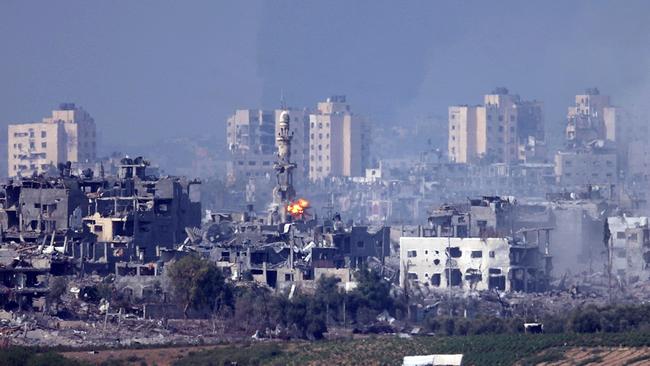
“This is our second War of Independence,” Benjamin Netanyahu said, adding that ‘we are only at the beginning.”
This is a military campaign so full of unknowns that it could deliver anything from a clear military victory to Israel to a further humanitarian catastrophe for Gaza to a regional war that engulfs the west. The stakes could barely be higher for all involved, so let’s examine the key questions which remain unanswered as Israeli troops advance into this densely packed enclave of just over two million people.
The most critical question is whether it is possible for Israel to destroy Hamas and its estimated 15,000 fighters without also incurring an horrific civilian death toll?
Although more than 700,000 civilians in northern Gaza are believed to have fled to safer zones in the south, following warnings by Israel to do so, there are still many civilians who cannot or will not leave their homes in the north and who will potentially find themselves in harm‘s way.
With Gaza’s densely packed urban landscape, Israeli forces will need to fight building by building, some of which will house innocent families while others will harbour terrorists. Hamas fighters will do their best to blur the two and invite Israeli mistakes in the heat of battle. They have concentrated their arsenals and command posts near civilian housing and have constructed tunnels and command centres under schools, hospitals and mosques. Israel’s initial ground offensive appears to be on a smaller scale than was expected which is likely to reflect pressure from the US on Israel to narrow the scope of ground operations and therefore civilian casualties. But even so, it is difficult to imagine that any successful ground campaign against Hamas will not also incur a very large civilian death toll.
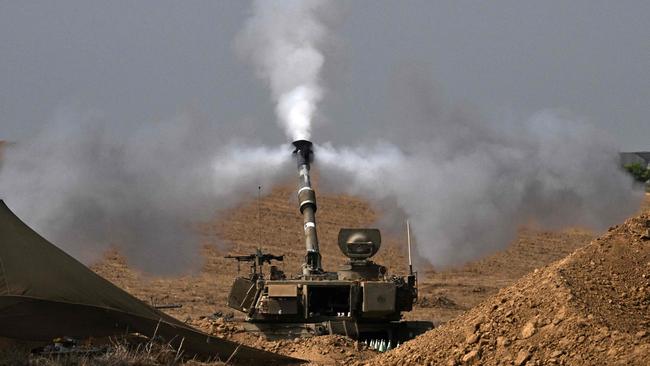
Even if civilians avoid the crossfire, how will they access water, food and medicine during this ground conflict if it goes on for weeks or for months? Only a trickle of aid has reached Gaza since Israel closed its borders after the Hamas terror attacks of October 7. The situation for the population is already desperate and that lifesaving humanitarian supplies could be impossible to deliver during the heat and chaos of a ground war?
A large number of civilian deaths, on top of the more than 7000 alleged since the conflict began, would be a humanitarian catastrophe and would also be politically dangerous for Israel inviting widespread international criticism – even from Israel’s staunch allies.
The second big question is whether Israel can actually destroy Hamas to such a degree that it is no longer a viable fighting force. Israel will most likely be able to inflict severe casualties upon Hamas, killing numerous fighters and commanders. But at what point will Israel consider Hamas to have been destroyed? And for how long? Hamas is as much an ideology as it is a fighting force. Will it be able to one day rebuild even if it is largely wiped out by this operation?
The third big question is whether this Israeli ground offensive leads to a regional war. The Arab world is already furious at Israel for what it sees as a disproportionate Israeli response in Gaza to the Hamas attacks on Israel of October 7. Will the sight of Israeli tanks driving through Gaza and the further deaths that inevitably come with that, be enough to pursue Tehran to order Iran-backed Hezbollah to open a second front against Israel from southern Lebanon? Will it lead to a general uprising by Palestinians in the volatile West Bank, a third intifada. Or will it encourage Iranian-proxy forces in Syria and Iraq to step up attacks on US troops stationed there, inviting further US military responses?
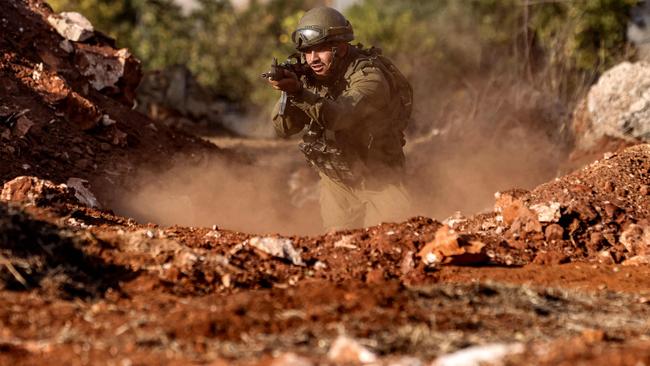
A regional war would be the worst possible outcome. It would involve Iran in the conflict with uncertain but potentially highly dangerous outcomes. If Hezbollah launched a full-scale attack it would invite an Israeli invasion of Lebanon. It may even lead Israel to launch air strikes against targets of Iranian soil. It could force the US to take more tangible military action to support Israel which would be fighting a war on two fronts. Australia, as an ally of the US and Israel, could potentially become involved in some way.
The final big unanswered question is what will Israel do with Gaza when it decides that it has destroyed Hamas, which has controlled Gaza since 2007? What entity controls Gaza post-Hamas? Israel will be seen as a hostile power by the people of Gaza and it does not seem feasible that it would want to reoccupy the territory permanently. It may seek to install the more moderate Palestinian Authority as the governing entity in Gaza, but the PA, which controls the West Bank, is widely seen by Palestinians as corrupt, weak and too close to Israel. Or will Israel ask its allies to try to broker some sort of deal where United Nations peacekeepers take control of Gaza? These are just a few of the ‘unknown unknowns’ – to use Donald Rumsfeld’s term – which lie ahead for Israel, Gaza and the region. But what is known – beyond any doubt – is that we are now watching a desperately dangerous moment in the Middle East.
More Coverage
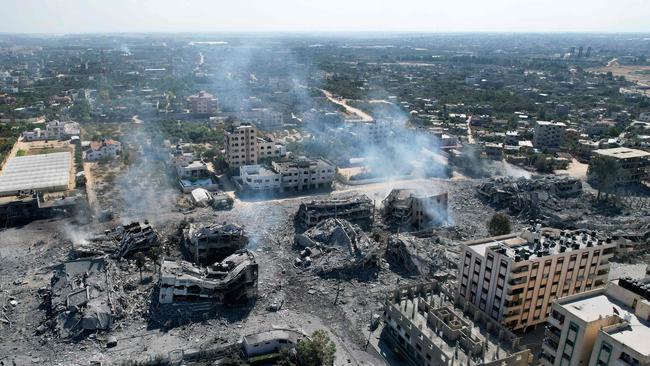




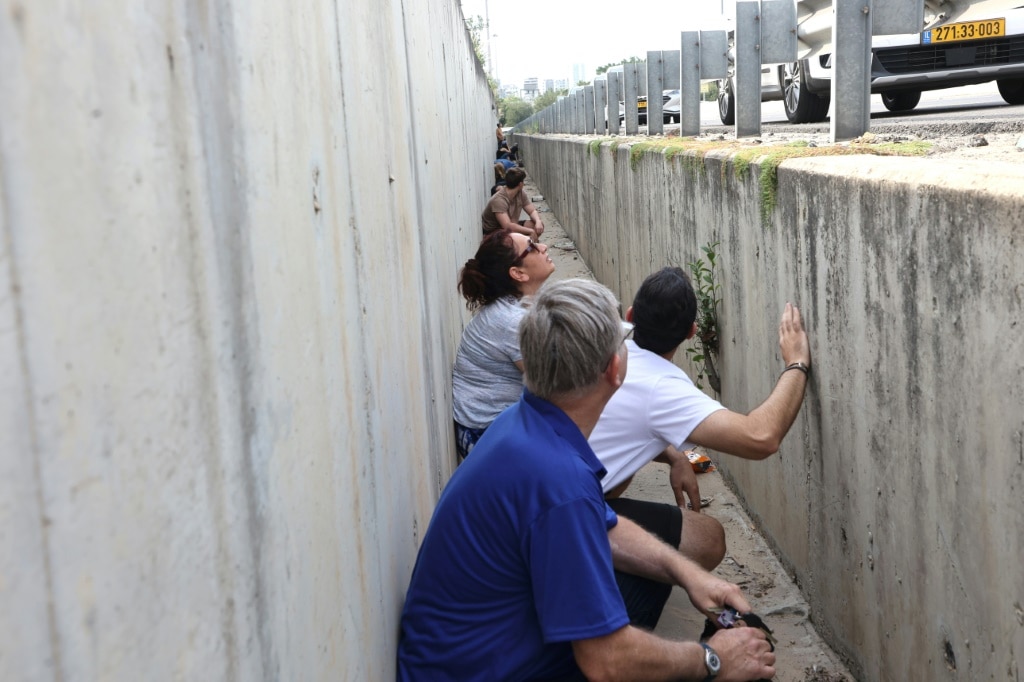
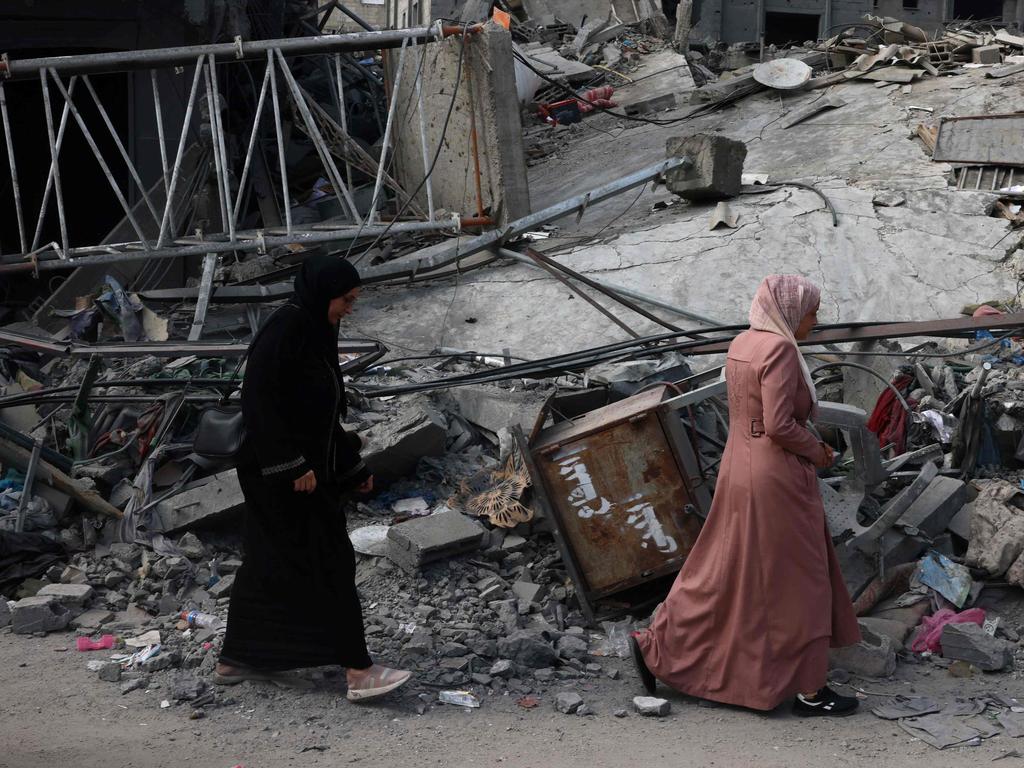


Israel’s ground war against Hamas in Gaza appears to have begun and the Middle East will not be the same again. Israel’s mission to destroy the Hamas terror group from inside Gaza promises to fundamentally reshape the region, its politics and its future.